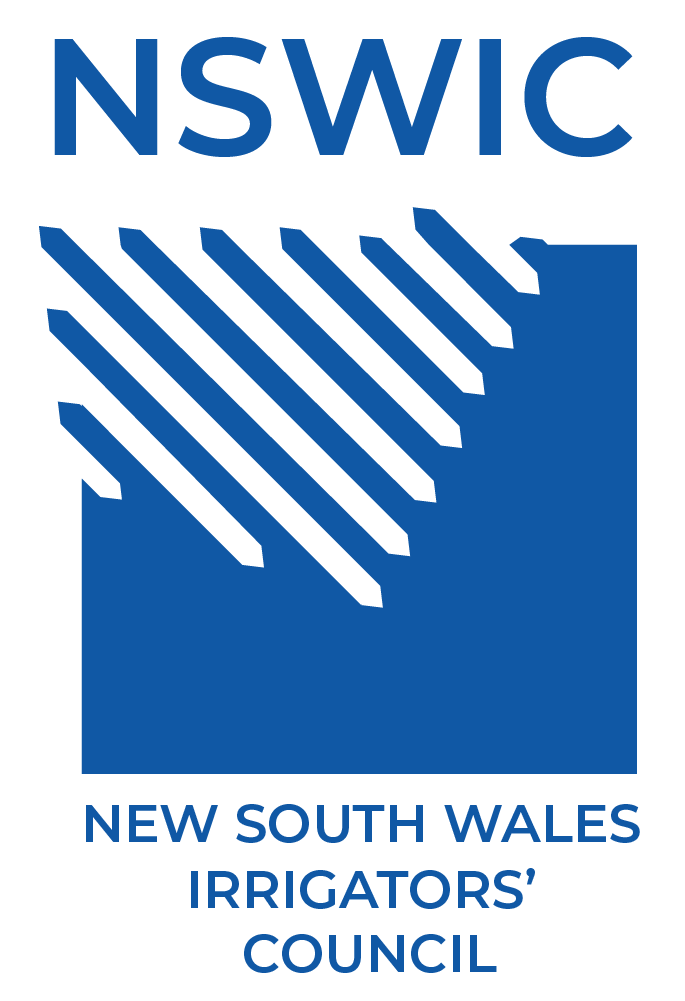Socio-Economics
Socio-Economics
Irrigated agriculture is the backbone to many regional communities in NSW.
Irrigation in the Murray Darling Basin has an economic multiplier of 3.5 – meaning that for every $1,000 of farm gate revenue generated, there is an additional $3,500 of dependent economic activity.
Water reforms which reduce the accessibility of water for irrigation have significant flow-on effects across communities. Less water for farming means less expenditure at local businesses, less children at schools and less teachers, less services within communities such as healthcare, and less participants to form local sporting clubs.
The impacts of recent water reforms on socio-economic conditions is well-documented.
The recent Independent assessment of social and economic conditions in the Murray–Darling Basin said that:
“Our Basin communities are changing. The pace has been rapid and the impacts profound. The future is no longer secure or certain for some people and regions, despite their hard work. Morale has eroded, and a sense of hopelessness is spreading; in many cases, people no longer feel confident in their future. These impacts are not only being felt in the ‘back pocket’, but witnessed in the main streets of towns, and in the prospects for our next generation.”
“The need for change is pressing… We know that there are areas where further recovery would inevitably impact communities currently under considerable stress and we urge the pace of further recovery be matched to communities’ capacity to cope with more change. Acknowledging the substantial work done to date, we also need to intensify efforts to demonstrate and maximise the environmental benefits from water recovery and ensure our rivers have the capacity to achieve them.”
NSWIC endorses the ‘Independent Assessment of Social & Economic Conditions in the Basin’ Final Report, including all recommendations and findings – see the link to the report in the Resources section below..
NSWIC works to enhance the socio-economic benefits of irrigated agriculture, and minimise the socio-economic disruptions caused by water reforms.

